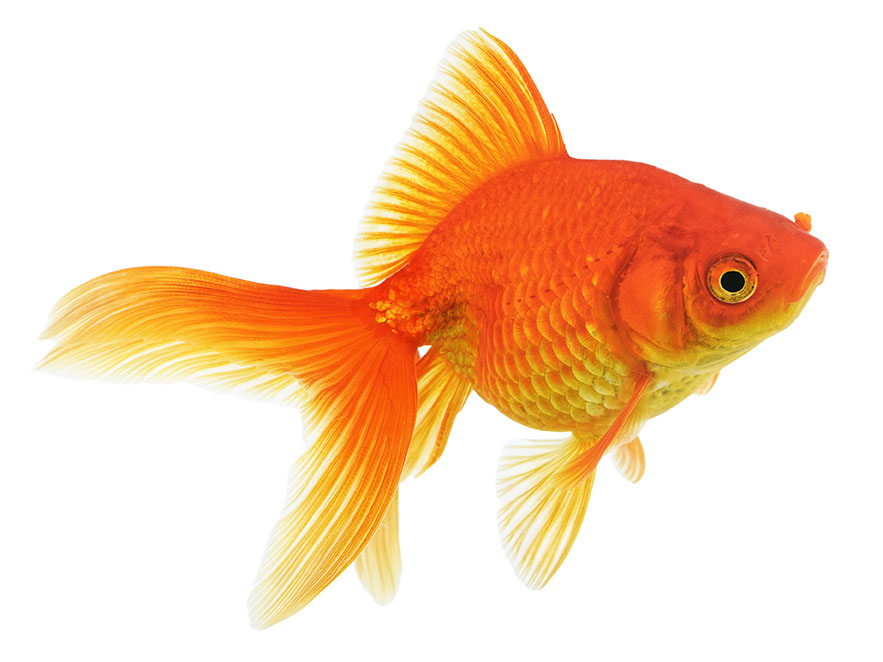
fish
Definition
Fish are aquatic vertebrates that are characterized by gills, fins, and scales. They are ectothermic, meaning that their body temperature varies with the surrounding water temperature. Fish are found in all aquatic habitats, including oceans, lakes, rivers, and even some swamps.
There are over 30,000 species of fish in the world, making them one of the most diverse groups of vertebrates. Fish range in size from the tiny Paedocypris progenetica, which is only 7.9 mm (0.31 in) long, to the whale shark, which can grow up to 40 feet (12 m) long.
Fish play an important role in the ecosystem. They are a source of food for many other animals, and they help to control populations of other organisms. Fish also help to clean the water by eating algae and other small organisms.
Fish are an important part of human culture. They have been eaten by humans for thousands of years, and they are still a popular food today. Fish are also used in fishing, aquaculture, and ornamental fish keeping.
How can the word be used?
The fisherman caught a fish.

Different forms of the word
Noun: fish, fishes.
Verb: fish, fished, fishing.
Adjective: fishy.
Adverb: fishily.
Etymology
The word "fish" is derived from the Old English word fīh, which means "a fish". The Old English word fīh is thought to be cognate with the Old Norse word fiskr, the German word Fisch, and the Latin word piscis.
Question
What do fish have in common?
AQA Science Exam Question and Answer
Question:
Explain the unique adaptations of fish to their aquatic environment and their diverse ecological roles. Describe the characteristics that differentiate fish from other vertebrates and their importance in aquatic ecosystems. Provide real-life examples of specific fish species and their ecological significance.
Answer:
Fish are remarkable vertebrates uniquely adapted to their aquatic environment. They possess streamlined bodies and fins that allow them to move efficiently through the water. Gills enable them to extract oxygen from water, facilitating respiration. Scales provide protection and reduce friction during swimming.
Fish play diverse ecological roles in aquatic ecosystems. Some are predators, maintaining population balance by controlling prey numbers. Others are herbivores, contributing to nutrient cycling and shaping aquatic plant communities. Additionally, some fish serve as indicators of environmental health, as their presence or absence reflects the ecosystem's condition.
An example of ecological significance is the clownfish, which forms a symbiotic relationship with sea anemones. The clownfish receive protection from predators among the stinging tentacles of the anemone, while they, in turn, protect the anemone from certain fish species that would otherwise consume it.
In conclusion, fish possess unique adaptations that allow them to thrive in aquatic environments and fulfil various ecological roles, contributing significantly to the health and balance of aquatic ecosystems.